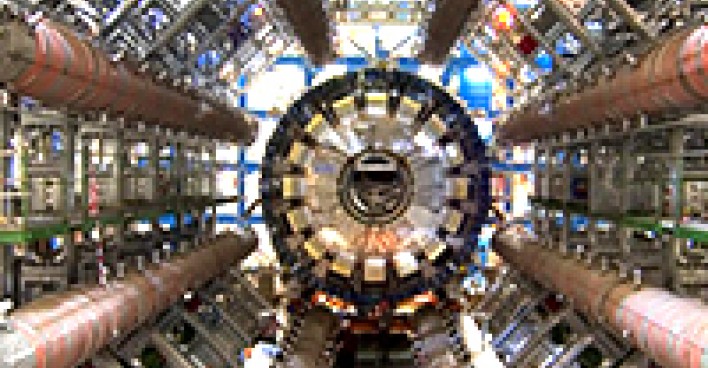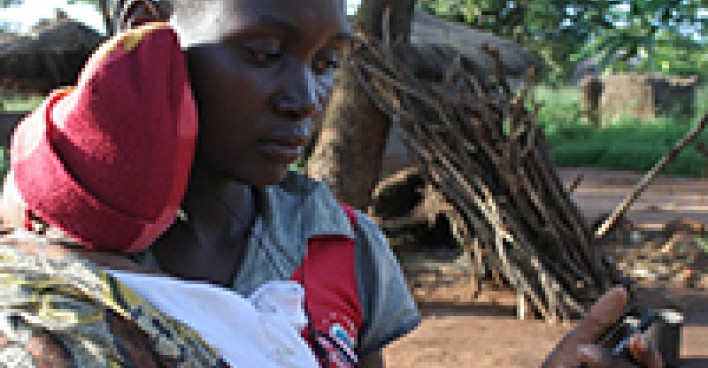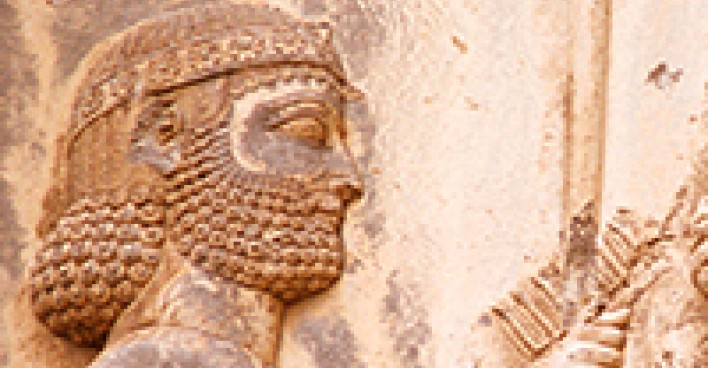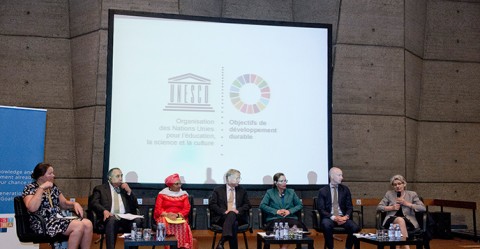
UNESCO and Sustainable Development Goals
Heads of State, Government leaders, UN High Level Representatives and civil society met in September 2015, at the 70th Session of the United Nations General Assembly, and adopted the Sustainable Development Goals (SDGs). These represent a universal, ambitious, sustainable development agenda, an agenda “of the people, by the people and for the people,” crafted with UNESCO’s active involvement.
UNESCO will contribute to the implementation of the SDGs trhough its work on:

Education
UNESCO actively helped to frame the Education 2030 agenda which is encapsulated in SDG 4. The Incheon Declaration, adopted at the World Education Forum in Korea in May 2015, entrusted UNESCO to lead and coordinate Education 2030 through guidance and technical support within the overall SDG agenda. Read more

Natural Sciences
The new 2030 Agenda for Sustainable Development represents a significant step forward in the recognition of the contribution of Science, Technology and Innovation (STI) to sustainable development. Read more

Social and Human Sciences
UNESCO’s Social and Human Sciences Programme aims to firmly entrench universal values and principles, such as global solidarity, inclusion, anti-discrimination, gender equality and accountability, in the implementation of the SDGs. Read more

Communication and Information
UNESCO advocates the recognition of the vital role that freedom of expression and access to information and knowledge play in sustainable societies. Read more
News
- 1 of 9
- next ›
Events
The Interactive Workshop on the 2030 Agenda for Sustainable, to be held in Salle II, is being co-organized by the Director-General of UNESCO and the informal High-Level Group supporting the impleme
The newly-established SDG4-Education 2030 Steering Committee (SC) will hold its first meeting on 25 and 26 May 2016 at UNESCO HQ.
- 1 of 3
- next ›









